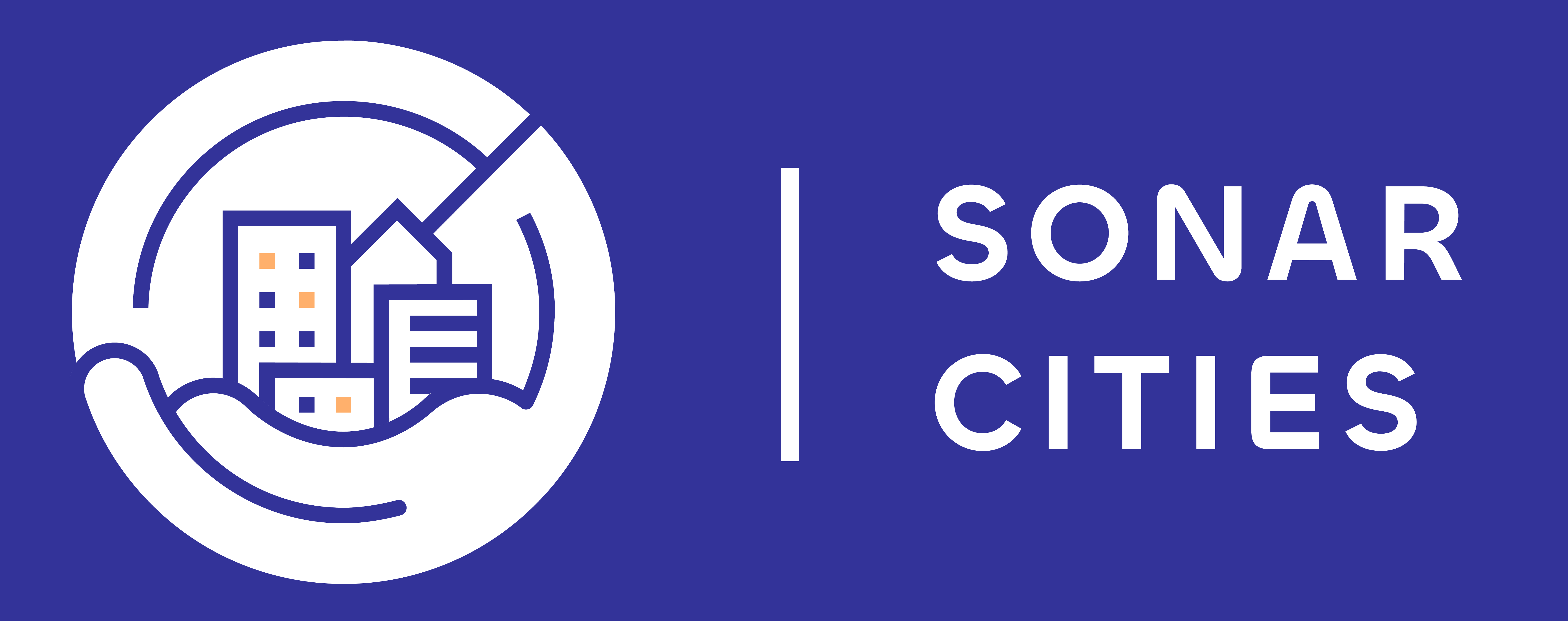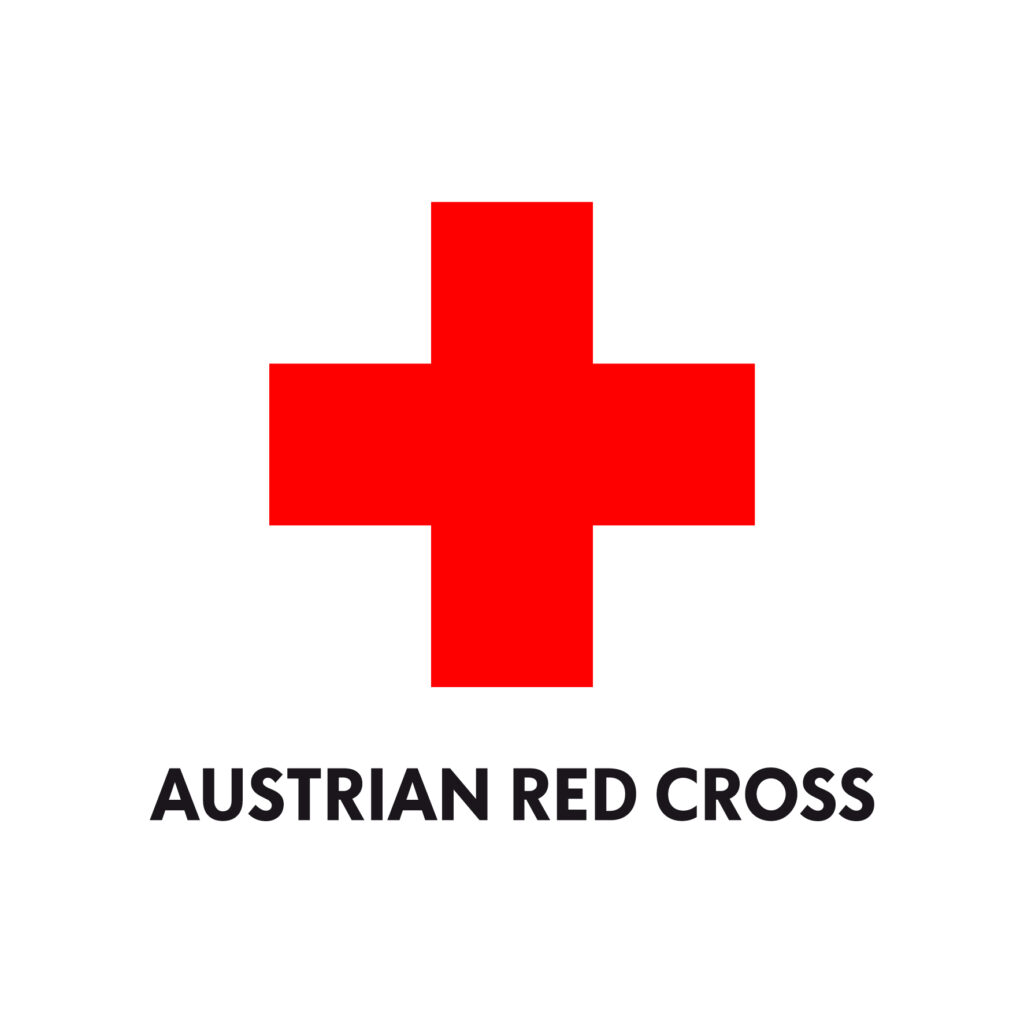Sonar-Cities Consortium
The Sonar-Cities consortium comprises 12 partners from 8 countries across Europe, each contributing unique and complementary expertise. With extensive experience in studying social and health vulnerabilities and developing solutions during various disasters, the consortium leverages this collaborative knowledge to create a highly effective, synergistic analysis and intervention toolset. This approach aims to enhance cities’ capacity to respond to and manage disasters more effectively.
More details about the consortium partners can be found below.
The International Consortium
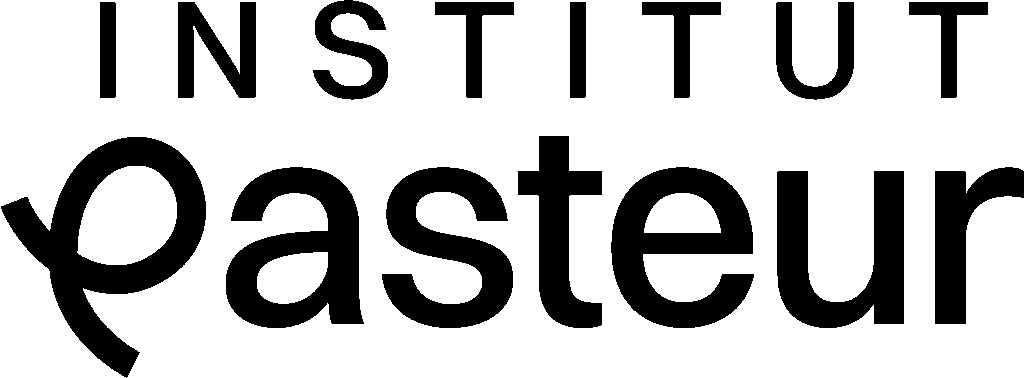
Institut Pasteur Paris
Institut Pasteur is a private, non-profit foundation with recognised charitable status, for biomedical and public health research, established in 1887 by Louis Pasteur and hosting around 3000 staff, 13 departments and 146 research teams. Institut Pasteur research is based on four key strengths: conducted at all levels of life, from molecules to individuals and populations; using multidisciplinary strategies and unique technological facilities; and forming a one-of-a-kind network of 32 institutes, present on every continent.
As coordinator of Sonar-Cities, Institut Pasteur leads the communication and management Work Package and oversees the scientific and administrative implementation of the project.

Netherlands Institute for Health Services Research
Nivel, Netherlands Institute for Health Services Research, is the national institute for health services research in the Netherlands. It is an independent organization which provides knowledge to improve healthcare in the Netherlands. ‘Research for better care’ is our mission. With our research, we contribute to the continuous improvement and renewal of healthcare. We believe it is important that people are able to participate in society. Ultimately, our research revolves around the question of how we can improve patient care.
Nivel leads lead WP4, to pilot and evaluate the Sonar-Cities toolset in 6 cities. Nivel also leads Task 2.2, Task 4.2, and Task 6.3 and contributes to the other tasks and workpackages.

University of Amsterdam
Founded in 1632, the University of Amsterdam (UvA) is one of Europe’s leading research universities, known for its interdisciplinary innovation and global impact. With over 40,000 students and 6,000 staff, UvA fosters critical thinking, collaboration, and digital transformation across the arts, humanities, social sciences, natural sciences, and medical sciences. As a research-intensive institution, it partners with academia, industry, and policymakers to tackle complex societal challenges, shaping a sustainable and prosperous future.
UvA leads capacity building, including developing the SONAR-Cities knowledge platform for training, tool dissemination, and stakeholder engagement. It also supports cross-work package integration by synthesizing insights from co-creation, piloting, and evaluation to enhance urban resilience.

Medical University of Vienna
Medical University of Vienna (MedUni Vienna) is one of the longest-established medical education and research facilities in Europe. With almost 8,600 students, it is currently the largest medical training centre in the German-speaking countries. With more than 6,500 employees, 30 departments and two clinical institutes, 12 medical theory centres and numerous highly specialised laboratories, it is one of Europe’s leading research establishments in the biomedical sector.
Leader of WP2, contributor to the other work packages

University of Ljubljana
The University of Ljubljana was founded in 1919 and is the university with the longest tradition in Slovenia. With more than 6.600 employees at 26 faculties and academies, it is Slovenia’s largest higher education and scientific research institution. To almost 40.000 students, it offers programmes in social sciences, humanities, natural sciences, medicine, technical fields, arts, and sports, with interdisciplinary and multidisciplinary study programmes in all three cycles. We are committed to international cooperation and have completed more than 670 international programmes and projects.
In Sonar-Cities, the University of Ljubljana is co-leading WP3 (Engagement and Co-Creation) and also conducting Ljubljana’s retrospective vulnerability assessme

University of Udine
The University of Udine was founded in 1978 as part of Friuli’s reconstruction after the devastating 1976 earthquake, aiming to provide the local community with an independent center for advanced education and research. Over the years, it has grown into a prestigious institution recognized for its contributions to cultural and scientific studies. Actively engaged in national and international research projects, it brings extensive expertise in disaster sociology and communication studies, offering valuable insights into crisis management and media dynamics.
In Sonar-Cities, UNIUD serves as the Co-leader of WP2 and actively contributes to all other work packages.
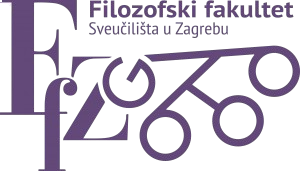
Faculty of Humanities and Social Sciences of the University of Zagreb
The Faculty of Humanities and Social Sciences of the University of Zagreb is the oldest and largest Croatian scientific and higher education institution in humanities and social sciences, and a significant cultural institution with a major impact on Croatian culture and society. As partners, they bring extensive experience in psycho-social approaches to disaster and crisis situations, particularly in cases of armed conflict and floods. Their aim is to integrate their expertise in direct fieldwork following disasters with a strong academic foundation in the social sciences.
The UNIZG team will co-lead the piloting and evaluation of the toolkit developed by the Sonar-Cities consortium and provide support to other work packages.

Socialit Software & Consulting srl
Socialit is an innovative SME specializing in the development of cutting-edge ICT solutions. Its mission is to implement innovative and flexible technology solutions, with particular attention to users and their needs. Core competencies include the development of personalized software, cloud and web applications, and system integration. Extensive experience in European projects has facilitated the continuous development of expertise through intensive research and innovation activities.
In Sonar-Cities, Socialit is responsible for the technical development of the Sonar-Cities toolset and Knowledge Platfrom
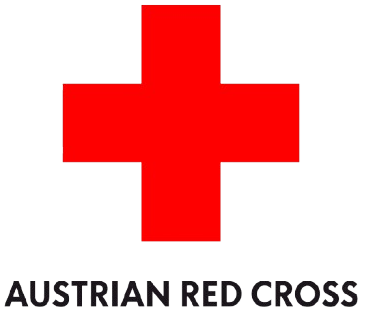
Austrian Red Cross
The Austrian Red Cross is part of the International Red Cross and Red Crescent Movement. Founded in 1880, it is now the largest humanitarian NGO in Austria with 9,000 employees and more than 70,000 volunteers. It has considerable experience as a frontline responder internationally and is Austria’s no.1 emergency provider. AutRC plays a key role in disaster and crisis management with expertise in spontaneous volunteer coordination, emergency medical services, psychological first aid, trainings, exercises, and humanitarian aid. Guided by the Movement’s principles, it fosters dignity and resilience.
The AutRC serves as co-leader of work package 6 (dissemination), leads the pre-testing of the toolset and actively contributes to other work packages.

Swedish Defense University
The Swedish Defence University (SEDU) aims to be an instrument for change in the fields of Defence and Security Policy. Through the development of new knowledge and by offering education and training, we make an active contribution to shape the future of defence. The Swedish Defence University is Sweden’s leading resource in, and first choice for, education, training and research in the management of crisis, war and periods of tension in the leadership of both civil and military agencies. The Swedish Defence University is an accredited institution for academic education for military and civilian students and researchers where different experiences, approaches and traditions come together.
Leader of WP 6, contributor to the other work packages
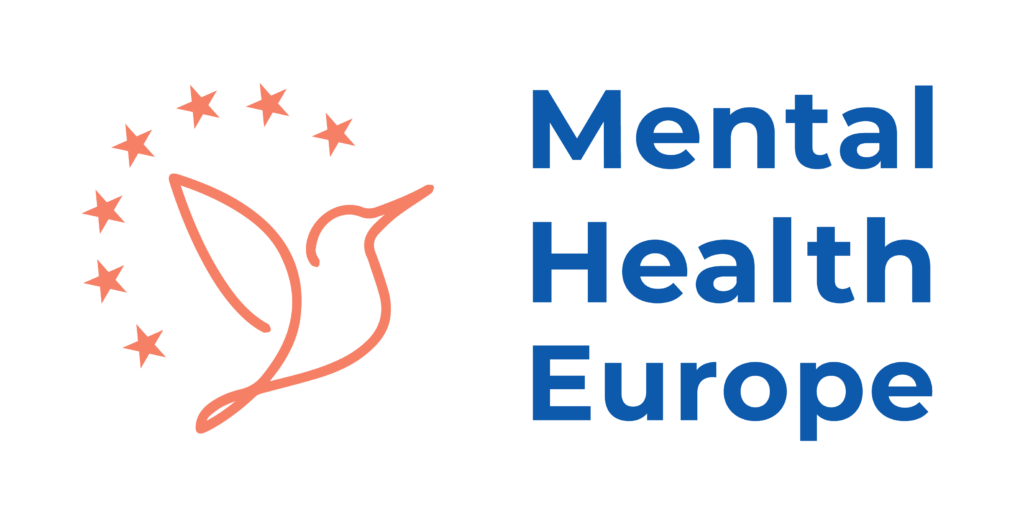
Mental Health Europe
Mental Health Europe is the largest independent network organisation representing mental health users, professionals and service providers across Europe. Through its work of advocacy, capacity building and representation in EU level, Mental Health Europe is committed to the protection of the rights of persons with psychosocial disabilities, the promotion of positive mental health, the prevention of mental distress, and the improvement of mental health care systems and social inclusion through psychosocial model.
In SONAR Cities project, Mental Health Europe provides expertise in co-creation and leads WP3, focused on the development of local capacity for implementing a co-creation approach in target countries. It will also participate to dissemination and support the development of the Knowledge platform.
Safety Region Groningen
Veiligheidsregio Groningen (Safety Region Groningen) is a civil defence organization in the province of Groningen in the North of the Netherlands. The Veiligheidsregio acts on behalf of, and consists of, the municipalities in the province of Groningen. The mayors of the municipalities form the board of the Veiligheidsregio. Veiligheidsregio Groningen consists of these municipalities, the fire department and the health care response organization. Assessing risks, preparing for, and responding to crises and disasters, such as earthquakes, are the main tasks of the Veiligheidsregio.
Since crisis and risk management, and first response, are central in our profile, we join this project in the role of a first response organization.
